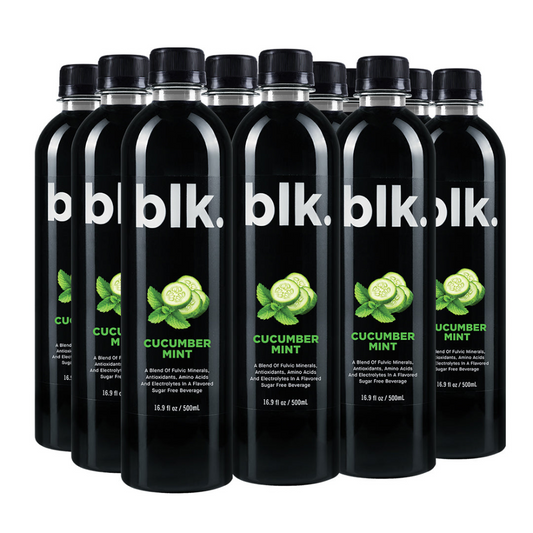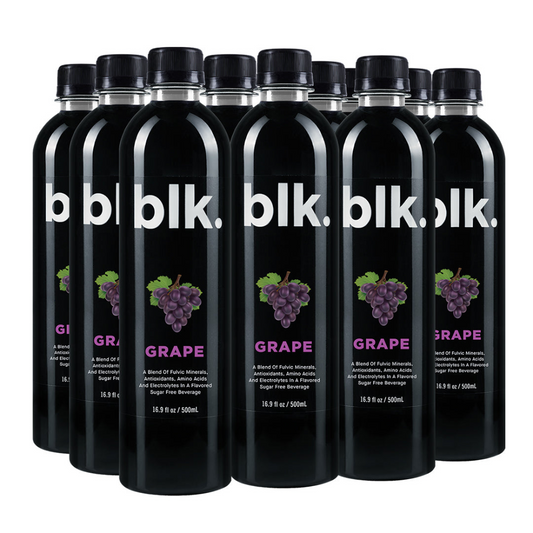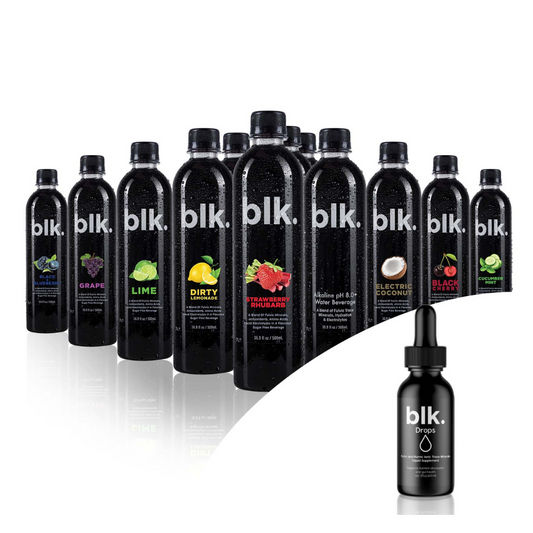
Beef Protein vs Whey: Which Builds More Muscle?
This Guide Provides Information On:
- How beef and whey protein aid muscle building
- The unique characteristics, benefits, and drawbacks of beef and whey protein
- How to integrate beef and whey protein into your daily diet
- Various research studies on how beef and whey protein support muscle building
With everyone in the fitness and sports industries looking to maximize the effectiveness of workouts, supplements such as beef and whey protein powders have become popular. Every supplement company tries to outclass its counterparts by providing high-quality protein powders for muscle building. When you walk into the gym and see a ripped bodybuilder using a particular supplement, won’t you be motivated to try it? Or better still, even if you are an expert in supplements, you would want to know which product is that effective to build more muscle. Ripped.com here shares the actual comparison between beef protein and whey protein to help you find the best protein supplement for muscle building.
Whey protein has faster absorption and a relatively higher-level amino acid profile rich in all the essential nutrients. However, the amino acids obtained from beef protein last longer in your bloodstream and are also better (if not equally good as whey) in muscle building. The point of comparison is post-workout. So, how does beef protein compare with whey?
Defining Beef Protein
The two main ingredients in beef protein are hydrolyzed gelatin and beef protein isolate. Basically, the two ingredients are similar to collagen. You must understand that there are different procedures for making beef protein powders; the products are all different. So, if you see a significant price variation between two products, there is a reason why one is more expensive than the other.
For example, the amino acids in high-quality beef protein powders resemble those found in real beef. Unlike cheap beef protein powders, high-quality beef protein powder does not contain spare beef products like ears, hides, ligaments, and hooves. Generally, the unwanted beef products are richer in collagen but have less protein content.
An Overview of Whey Protein
Whey protein is prevalent among resistance training people. It is obtained by adding an acid like lemon to milk to form curds. The liquid that remains after you remove the curds contains whey protein which is highly nutritional due to its superior amino acids profile. The excellent amino acids profile and the high absorption rate make it a popular supplement among sportspersons. The rush of amino acids they get after an intense workout boosts muscle protein synthesis, thus reducing muscle soreness.
Comparison of Beef Protein And Whey Protein For Muscle Building
Comparing the two protein powders shows that beef and whey protein has unique characteristics, advantages, and drawbacks. In this section, we analyze how beef and whey protein compare in terms of protein quality, amino acid profile & absorption, and availability & cost.
Protein Quality
At this point, we all know that protein powders are excellent protein sources and are also popular for building muscle mass. The significant difference is, to what degree do the different protein sources (beef and whey protein) affect anabolism? The difference between beef and whey protein's quality is based on their origin. Whey is obtained from milk, and qualifying it as a bad and unreliable source is difficult. On the other hand, beef protein is derived from animal parts which sometimes can be poor quality meat sources.
Amino Acid Profile And Bioavailability
The amino acid profile of a protein powder supplement is the ultimate determinant of its effectiveness, especially the leucine composition. Leucine is responsible for stimulating muscle protein synthesis, thus making it a vital amino acid. So this means that even if you consume tonnes of protein but less leucine content, there won’t be much muscle mass gain.
Whey protein has almost thrice the leucine content found in beef protein. This means that if you have to chose a more effective protein powder between the two in terms of muscle repair and growth, it would be whey protein.
Another drawback of beef protein is its bioavailability (protein absorption rate) is lower than whey protein. For instance, whey protein has a digestibility score of 1 compared to the 0.30 (average of gelatin (0) and collagen (0.92)) of beef protein. This means that when you consume beef protein powder, it takes longer before it is absorbed.
Cost and Availability
Price may not be the ultimate factor determining the type of protein powder you purchase, but it says a lot about its quality. Beef protein powders are relatively cheaper (especially the ones made from unwanted animal parts) compared to whey protein. As much as whey protein powders are easily accessible, you can also obtain beef protein from whole foods like meat.
Research on Beef Protein And Whey Protein For Muscle Building
Unlike whey, beef protein is relatively new in the supplement industry; thus, there is limited research on its effectiveness in muscle building. Beef protein can be a good collagen source that supports tendon repair. However, whey protein is richer in the branched-chain amino acids (leucine) that promote muscle protein synthesis.
Several research studies suggest that whey protein highly integrates with your regular diet to maximize muscle mass building, especially if you participate in resistance training. The study further indicates that whey protein’s high bioavailability, amino acid profile, and digestibility make it superior to other protein sources.
However, other experts suggest that meat (the parent source of beef protein) is a healthy protein source rich in all vital amino acid nutrients. A scientific study, in particular, suggests that athletes can significantly benefit from meat consumption since it provides the proteins required to build and maintain muscle mass.
How to Incorporate Beef Protein And Whey Protein Into a Muscle-Building Diet
You can try incorporating protein powders into your diet by:
- Integrating beef or whey protein powder supplements into your daily meals.
- Combining beef and other protein sources like whey to optimize muscle mass building.
- You can try various cooking methods and ingredients for beef protein to find the perfect fit.
- Experimenting with different whey protein flavors and brands to gauge their effectiveness.
Potential Side Effects And Considerations
Some studies suggest that too much meat (the primary source of beef protein) may cause health complications such as cancers, digestive issues, heart disease, and kidney problems.
On the other hand, scientific study shows that whey protein is generally safe for consumption as long as you don’t exceed the recommended servings. The study further suggests that you may experience side effects such as acne, bowel movements, bloating, and nausea.
The takeaway from the potential side effects is that unless you have any sensitivities, you should be fine if you consume beef and whey protein appropriately.
Conclusion
The common ground between all protein powders is that they all support muscle growth. However, the variance lies in their amino acid profiles and the extent to which they stimulate muscle protein synthesis. Nonetheless, you should find a protein powder supplement that works best for you, and if you experience any allergies, discontinue the usage and consult a healthcare professional.
Frequently Asked Questions
-
Can I use beef and whey protein for muscle building?
-
Is beef protein more effective for muscle building than whey protein?
-
How do the amino acid profiles of beef protein and whey protein compare in terms of muscle-building potential?
-
Do absorption rates of beef protein and whey protein affect muscle-building efficiency?
-
Are there additional nutrients in beef protein and whey protein that can impact muscle growth?
-
How do dietary restrictions or allergies influence the choice between beef protein and whey protein for muscle building?
-
Can combining beef protein and whey protein enhance muscle-building results?




